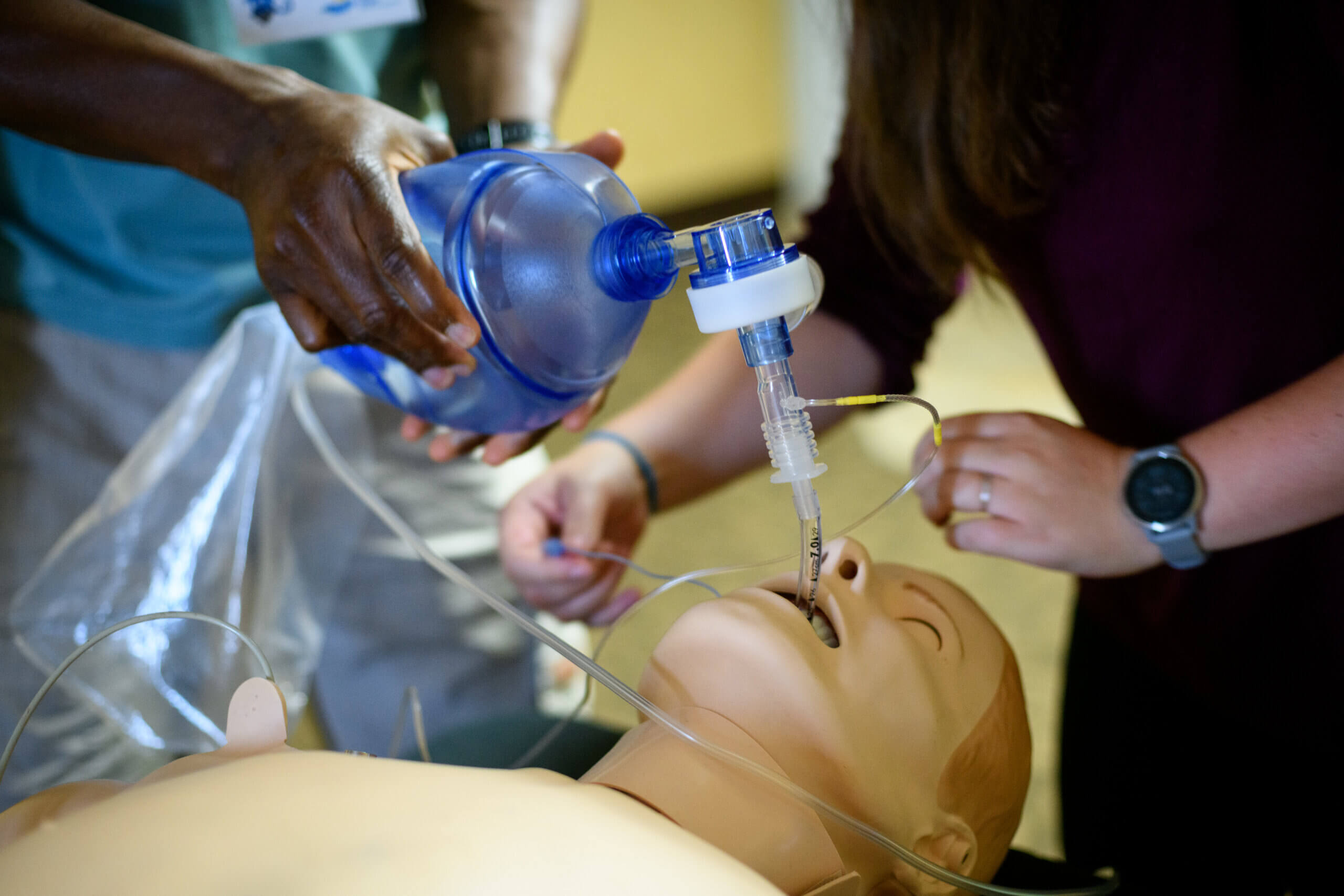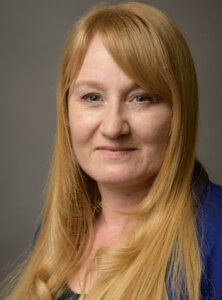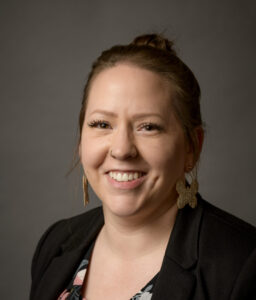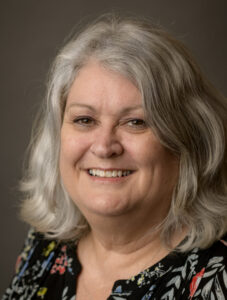The Rural Continuing Medical Education (RCME) Community Program provides funding and resources to groups of physicians, including generalists and specialists, who live and deliver care in Rural Subsidiary Agreement (RSA) communities. By addressing physicians’ collective learning needs — giving them more control over learning activities, reducing funding challenges, and improving relationships amongst health system partners — the Program improves the capacity of local healthcare systems. The provincial staffing model includes liaisons who are embedded in regional health authorities and the Rural Coordination Centre of BC to help rural communities develop local RCME models and collective learning strategies.
Rural Programs Liaisons are also an important component of the RCME Community Program — and other rural programs. In addition to assisting with the RCME Community Program, they seek additional opportunities to support rural programs of benefit to rural doctors and other providers. Through engagement and consultation with rural physicians and medical leaders, they build relationships, increase communication, and identify opportunities for community support and planning for the vast portfolio of rural programs. Similar to the RCME Liaisons, the Rural Programs Liaisons, who are located in several locations around the province, sits in a co-reporting relationship with health authorities and the Rural Coordination Centre of BC (RCCbc), and are accountable to the health authorities and Joint Standing Committee on Rural Issues.

“RCME funding was essential for Fernie to bring the Rural Trauma Team Development Course to the Elk Valley. It was a fantastic opportunity to bring regional expertise to our rural site, to develop our communication and team skills, and foster connections that will help our communities effect systemic changes.”
Explore the numbers
103 RSA Communities
During the 2023 calendar year, the team increased our total number of RSA Communities implemented into the RCME Community Fund Program to 103
13 SPIFI Funded projects
In 2023, the Specialist, Sub-specialty, Indigenous and Funding for Innovation (SPIFI) program approved 13 projects across four health authorities covering 28 communities. The SPIFI program is an additional source of funding to address community learning needs
100% Positive response
After a cultural safety workshop in Creston, 100% of survey respondents indicated that they learned how to be more trauma informed in their work as a result of this workshop
Partnership Work
Through the NITAOP Program; the Rural Program’s Liaison team is one of many key cogs in the wheel which make the program work. Our team has been focussed on developing these relationships to complete this work as collaboratively as possible. The Ministry of Health Rural Program’s staff has increased the frequency of our meetings and we have extended an invitation to additional stakeholders including; Locums for Rural BC, Fraser Health Authority, Nisga’a Valley Health Authority and the Mary Pack Arthritis Program to partner in the annual NITAOP Planning Meeting in the next fiscal year.
Our provincial team has been focussed on strengthening our partnership with the Regional Health Authorities by becoming a program that can offload administrative burden, aid with policy interpretation and educating staff, and physicians on available benefits. When complex program policies are constraining a community, the unique Rural Program Liaison positions can provide local insight to the Joint Standing Committee on Rural Issues if policies feel to be working against the community.
On the RCME Liaison side, we continue to work closely with UBC CPD to plan education and accredited learning opportunities, Doctors of BC Facilities Engagement team, Divisions of Family Practice, MSA’s, Community Led Health Care Auxiliaries, and with the Rural Education Action Plan to co-fund these CME events. As we continue to build the program beyond community implementation, the team will be focussed on creating stronger networks between communities and across multiple health authorities.
Team Members
Click on a team member to explore which other projects they have contributed to in the past year.

Ian Schokking
Lead, Rural CME Community Program | Lead, Research, Evaluation & Quality Improvement
Ian Schokking’s Projects: Annual Reports

Alan Ruddiman
Director | Lead, Rural Programs Liaisons
Alan Ruddiman’s Projects: Annual Reports

Drew Baird
Provincial Manager RCME and Rural Programs
Drew Baird’s Projects: Annual Reports

Nicole Hochleitner-Wain
Rural CME Liaison, Interior Region
Nicole Hochleitner-Wain’s Projects: Annual Reports

Jayleen Emery
Senior Project Coordinator
Jayleen Emery’s Projects: Annual Reports

Angela Hennig
Rural Programs Liaison, Interior Region
Angela Hennig’s Projects: Annual Reports

Charlene Hazelton
Rural Programs Liaison, Northern Region
Charlene Hazelton’s Projects: Annual Reports

Santaya Garnot
Rural CME Liaison, Northern Health
Santaya Garnot’s Projects: Annual Reports

Thérèse O'Brien
Rural Programs Liaison, Island Region
Thérèse O'Brien’s Projects: Annual Reports

Linda Young
Rural CME Liaison, Island Health





